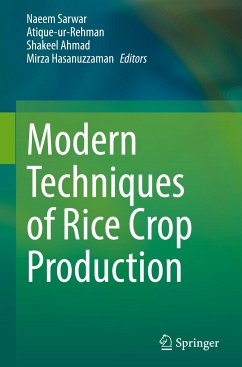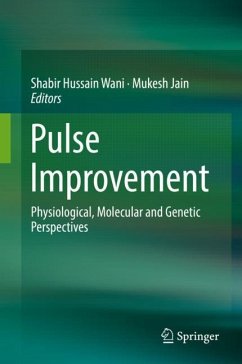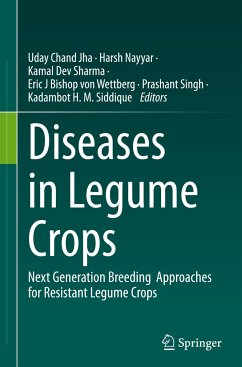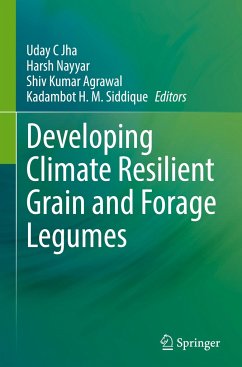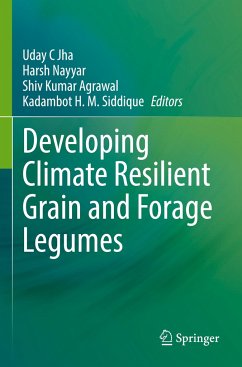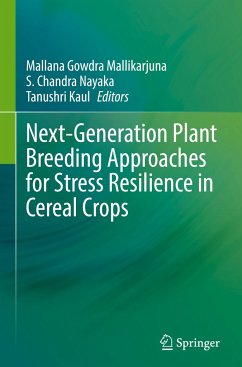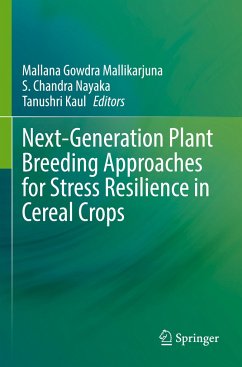
Modern Techniques of Rice Crop Production
Versandkostenfrei!
Versandfertig in 6-10 Tagen
151,99 €
inkl. MwSt.

PAYBACK Punkte
76 °P sammeln!
This book collects all the latest technologies with their implications on the global rice cultivation. It discusses all aspects of rice production and puts together the latest trends and best practices in the rice production. Rice is produced and consumed worldwide and especially an important crop for Asia. It is a staple food in majority of population living is this continent which distinguishes this from rest of the world. Climatic fluctuations, elevated concentrations of carbon dioxide, enhanced temperature have created extreme weather conditions for rice cultivation. Also, increasing pest ...
This book collects all the latest technologies with their implications on the global rice cultivation. It discusses all aspects of rice production and puts together the latest trends and best practices in the rice production. Rice is produced and consumed worldwide and especially an important crop for Asia. It is a staple food in majority of population living is this continent which distinguishes this from rest of the world. Climatic fluctuations, elevated concentrations of carbon dioxide, enhanced temperature have created extreme weather conditions for rice cultivation. Also, increasing pest attacks make situation complicated for the farmers. Therefore, rice production technology also has to be adjusted accordingly.
This book is of interest to teachers, researchers, plant biotechnologists, pathologists, agronomists, soil scientists, food technologists from different part of the globe. Also, the book serves as additional reading material for students of agriculture, soil science, and environmental sciences. National and international agricultural scientists, policy makers will also find this to be a useful read
This book is of interest to teachers, researchers, plant biotechnologists, pathologists, agronomists, soil scientists, food technologists from different part of the globe. Also, the book serves as additional reading material for students of agriculture, soil science, and environmental sciences. National and international agricultural scientists, policy makers will also find this to be a useful read





